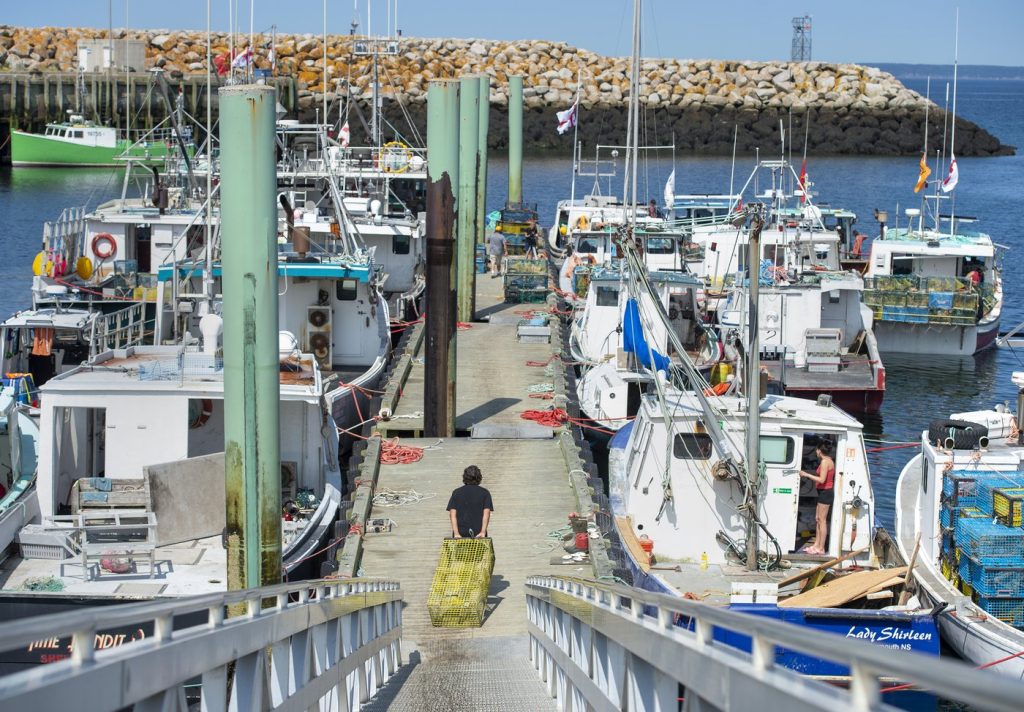Halifax winters becoming noticeably warmer
Posted Apr 6, 2022 08:04:00 PM.
Spring has now sprung in Halifax and the winter records are in. According to Weather Underground, this past December, January and February had an average maximum temperature of almost 9°C.
If Halifax winters seem different from when you were little, it's not your imagination. Winters in Halifax averaged a high of 3-4°C in the 1970s but now it is around 7-8°C.
.png;w=960)
“It's not just your perception. That fits with what people are finding globally,” said Karen Beazley, an environmental scientist at Dalhousie University.
Beazley herself remembers the different Nova Scotia winters of her childhood.
“There was tons more snow and a lot less rain. It was colder and you'd be bundled up,” Beazley said.
But not all seasons are warming at the same rate. While Halifax winters have gotten almost twice as warm since the 70s, temperatures for the two warmest months of the year haven't drastically increased yet.
“That's reflective of trends elsewhere… that winters are warming significantly more than the summers are, but what is happening is that the heat extremes are higher. Summers are getting drier,” Beazley said.
The effects of such warming on the local ecosystems are huge, and according to Beazley, there will be winners and there will be losers. One clear winner is the insects that humans refer to as “pests.”
“There are different species that might be able to survive the winter now that didn't use to before. Without those cold snaps in the winter, there are a lot of soil pests and diseases that aren't killed off,” Beazley said.
Any mammals that make burrows under snow during winter are now seeing cataclysmic changes to their survival abilities.
“It's a lot harder for the small mammals and birds to forage from the ground and under the snow and seek shelter,” Beazley said.
Even somewhat similar species will become divided into the winner and loser categories generated by climate change.
“The warming climate will favour the deer and will cause greater stress on the moose,” Beazley said.
An even more significant concern is that the already existing temperature increase was slow compared to what's ahead for Halifax.
“There's a bit of a lag time. So, the emissions that we have created over the last 50 years aren't really being felt yet. No matter what we start to do today, there's that lag time. We're still going to have increasing temperatures…” Beazley said.
According to ClimateWatch, Canada has the worst emissions per capita in the developed world. And according to Statistics Canada, Nova Scotia is tied for the worst emissions per capita in the country.
“The political will has not been there. Ultimately, the powers that be are not going to do anything if us, the masses, don't really push them to do it,” Beazley said.
NOTE: This story has been altered. It originally stated December, January and February had an average temperature of almost 9°C.








